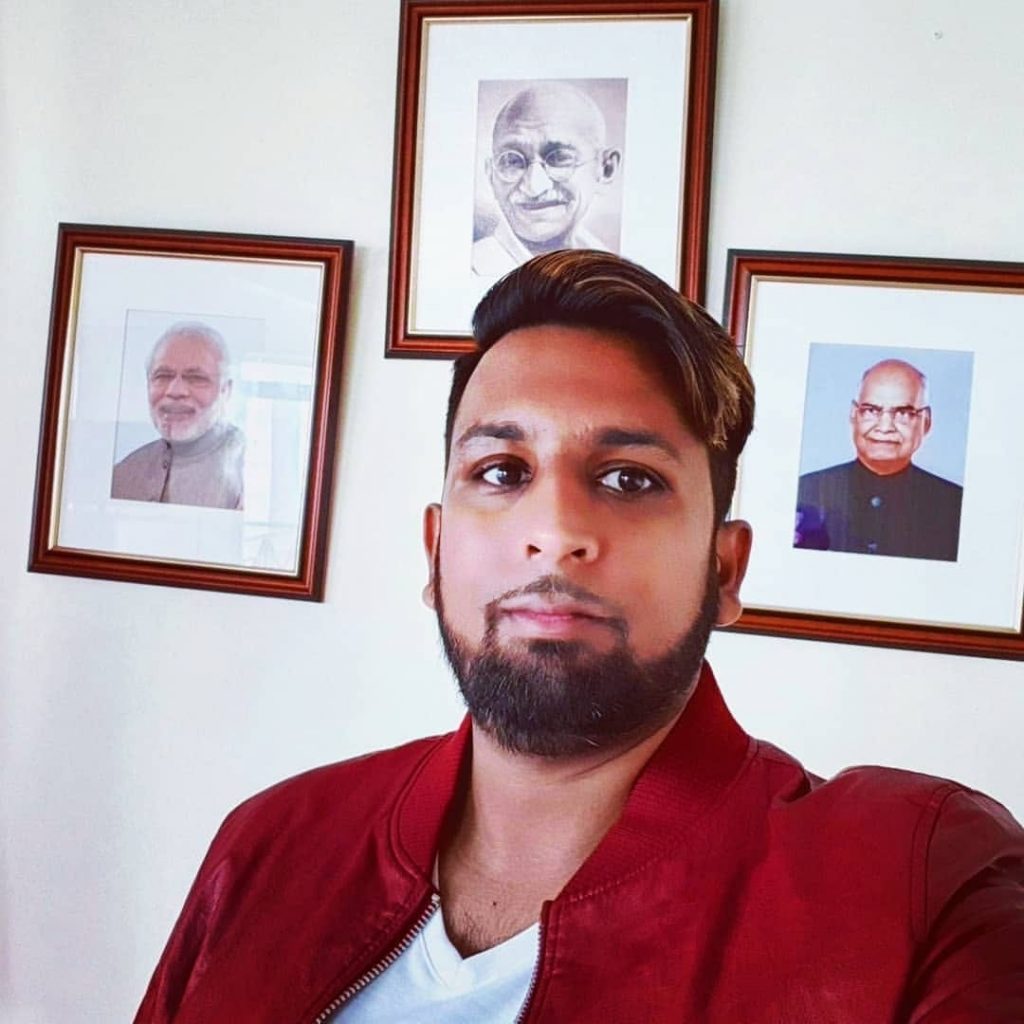Dear Editor,
More interesting than the announcement that Stuart Young was chosen to replace Keith Rowley as Prime Minister, was the fact that the results are reported to be eleven votes in favour of Young, and nine votes against, with the Prime Minister abstaining. And it is interesting specifically because of the number of votes that would be required for another candidate, who might already enjoy the confidence of those nine dissident PNM members, to have a majority of confidence within the Parliament. You see, in 2001, three members of the UNC government indicated their support for Patrick Manning to be Prime Minister, which would have tipped the scale of balance in his favour, and prompted then Prime Minister Basdeo Panday to dissolve the Parliament just one year into his second term.
Now under the current circumstances, if those nine members of the PNM who disagree with the decision of their peers to vote for Stuart Young were to find some common ground and woo three members of the Opposition bench, then similarly to 2001, they would be able to upset the established order, and potentially install their preferred candidate as Prime Minister, or at the very least, cause a snap election to be called. While I can’t imagine that the PNM might be able to convince anyone in the Kamla Persad Bissessar-led faction to side with their cause, wouldn’t you know it, there just happens to be four dissident members of the Opposition bench who might be able to be swayed. Bearing in mind that three of those four have already made conscience decisions in a Parliamentary vote when the current President was being chosen from among the electoral college, then really I can’t see why they might not be open to align with the PNM again in choosing a Prime Minister.
So a question that has been in the air for some time now has been when the bells for the general election will be officially rung and on what date will we actually head to the polls. While that question is still unanswered, however, there is a precedent seemingly being followed that seems manufactured to copy the results of a previous election. In 2010, Kamla Persad Bissessar historically and emphatically became the Political Leader of the United National Congress on January 24th, and that victory snowballed into a clean sweep of both the general and local elections held that year and cemented her as one of the most successful and beloved political figures in this country. But that success began with the transition of the leadership of the party from the old guard into the new and I can’t help but wonder if the seemingly sporadic and decisive decision of Keith Rowley to do the same for Stuart Young, again in January of an election year, is hoping to yield the same results as Kamla.
That all being said, it is strange that Keith Rowley would take this route of choosing his successor just months after witnessing the defeat of Kamala Harris and the Democratic party in the US. Similar to Stuart Young, Kamala Harris was chosen to lead her party in that election by the outgoing leader, which circumvented polling from within the party. And many point to the fact that because she was never screened by the party members in their national convention and primary elections, the party had no way of knowing how unpopular she really was heading into the Presidential election. The fact that Keith Rowley similarly cancelled the PNM’s convention in November 2024, and two months later allowed the Government bench to choose his replacement, is now creating a similar problem within the party structure. And it will be fascinating to see if the PNM membership will be more accepting of this untested candidate than the Democrats were with theirs.
Best regards,
Ravi Balgobin Maharaj
